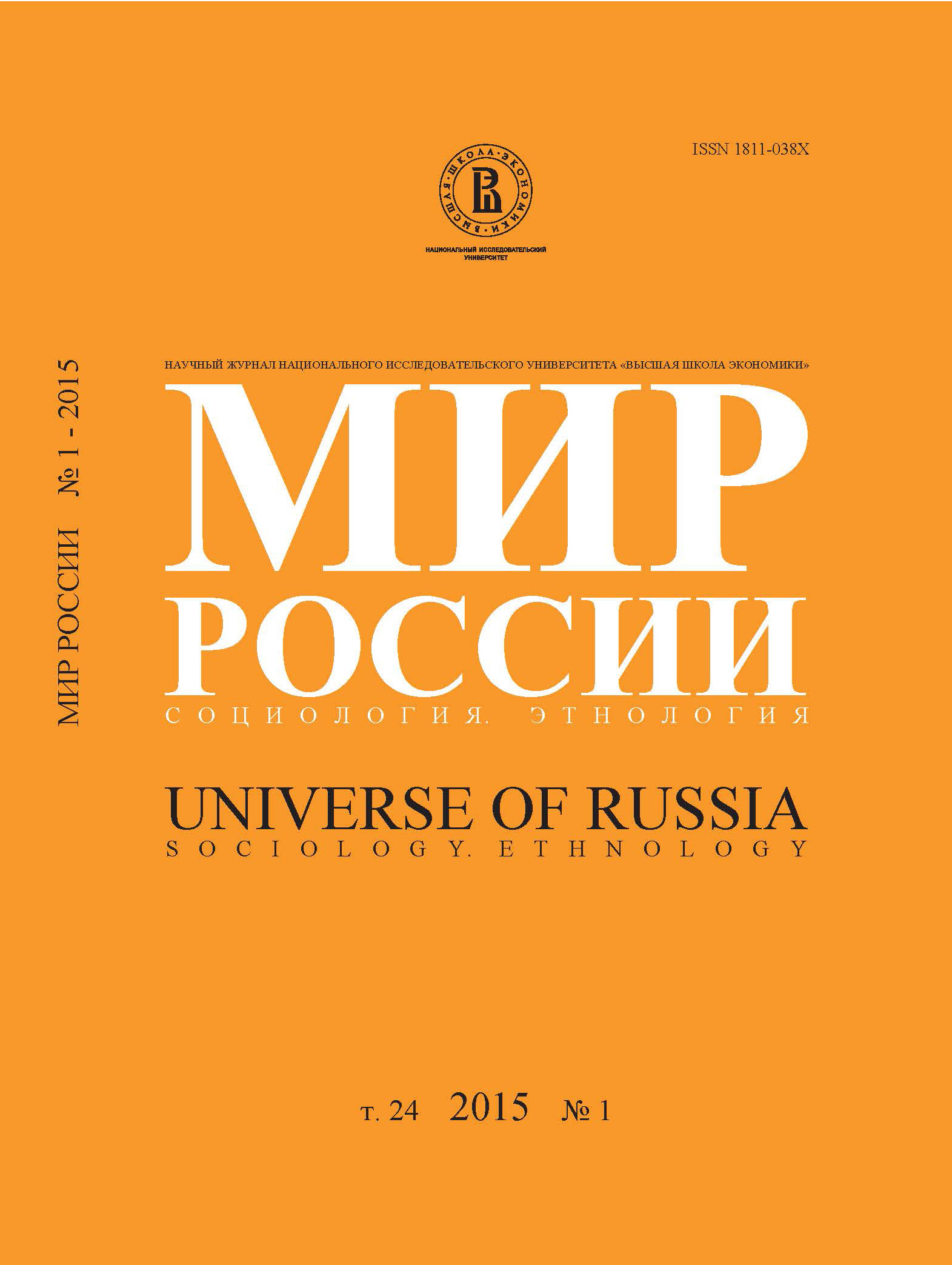The Transformation of ‘Power-Ownership’ Relations in Russia: a Regional Perspective on the Reforms and the Quality of the State
Abstract
Nataliya Pliskevich — Senior Researcher, Institute of Economics, Russian Academy of Sciences. Address: 26 Maronovskii Lane, Moscow, 119049, Russian Federation. E-mail: ons@naukaran. ru
In Russia, with its extreme socioeconomic diversity, the process of modernization is likely to vary both in space and time. Its pace also largely depends on the interaction between the centre and the regions: either the reforms are implemented from the above (and then supported or rejected by the regions), or, on the contrary, the regions become the main drivers of reforms, which can then be supported or inhibited by the centre. The nature of this interaction depends primarily on the quality of the state structure which has emerged in modern Russia, which can be characterized by the modification of the ‘power-ownership’ institutional setting. This setting implies that ownership and property are not entirely independent, and are a function of the power possessed by the actors.
In this article the author investigates the role of the state in driving the process of modernization in Russia, and concludes that a strong state is required in order to implement the necessary reforms. In the 2000s the ruling elites attempted to recover from the state weakness characteristic of the 1990s by creating a so-called ‘power vertical’. However, this stretching of power relations into even deeper strata of Russia’s administrative hierarchy largely neglected the nested nature of the ‘power-ownership’ system: the power hierarchy in Russia is a system of various smaller power hierarchies which, on the one hand, resemble and are subordinate to the general one, but on the other, possess a certain informal autonomy with regard to how they organize their relations with the local environment. In such a peculiar context the ‘verticalisation’ of power has brought about highly contradictory results. The whole administrative system has become less manageable and is characterized by uncontrollable growth. This paradoxically leads to even further weakening of the state capacity to maintain modernisation.






